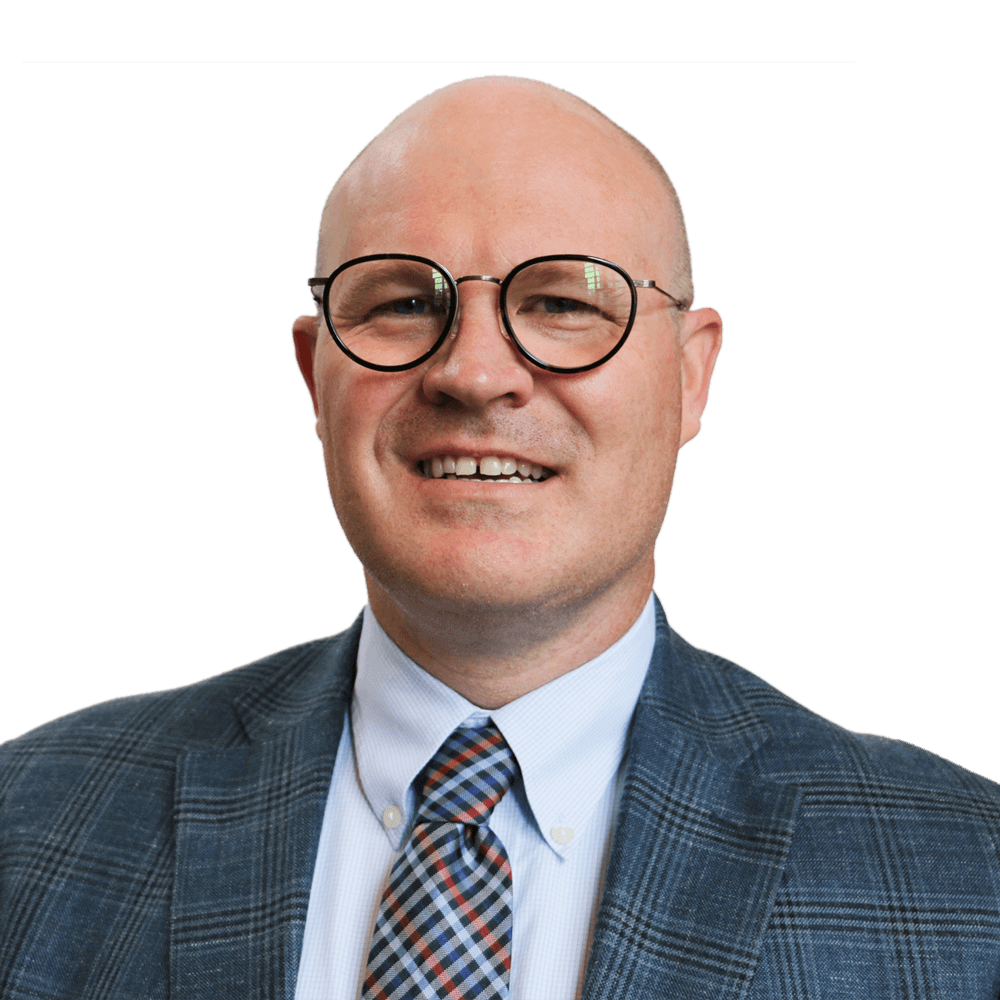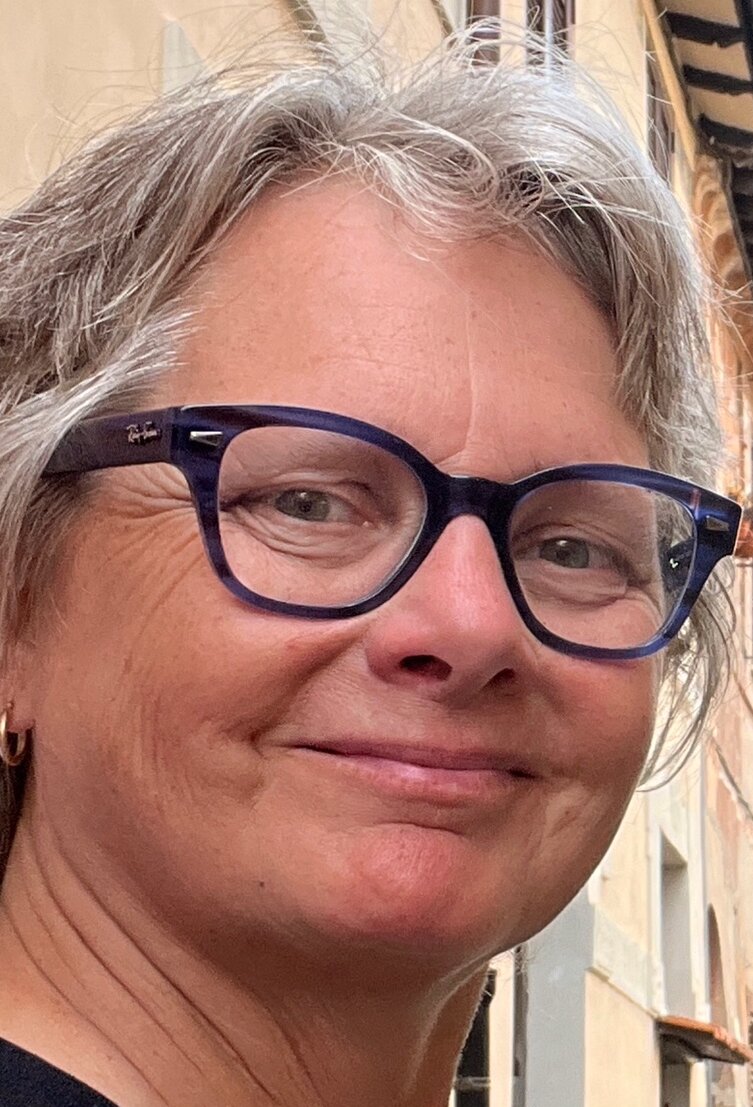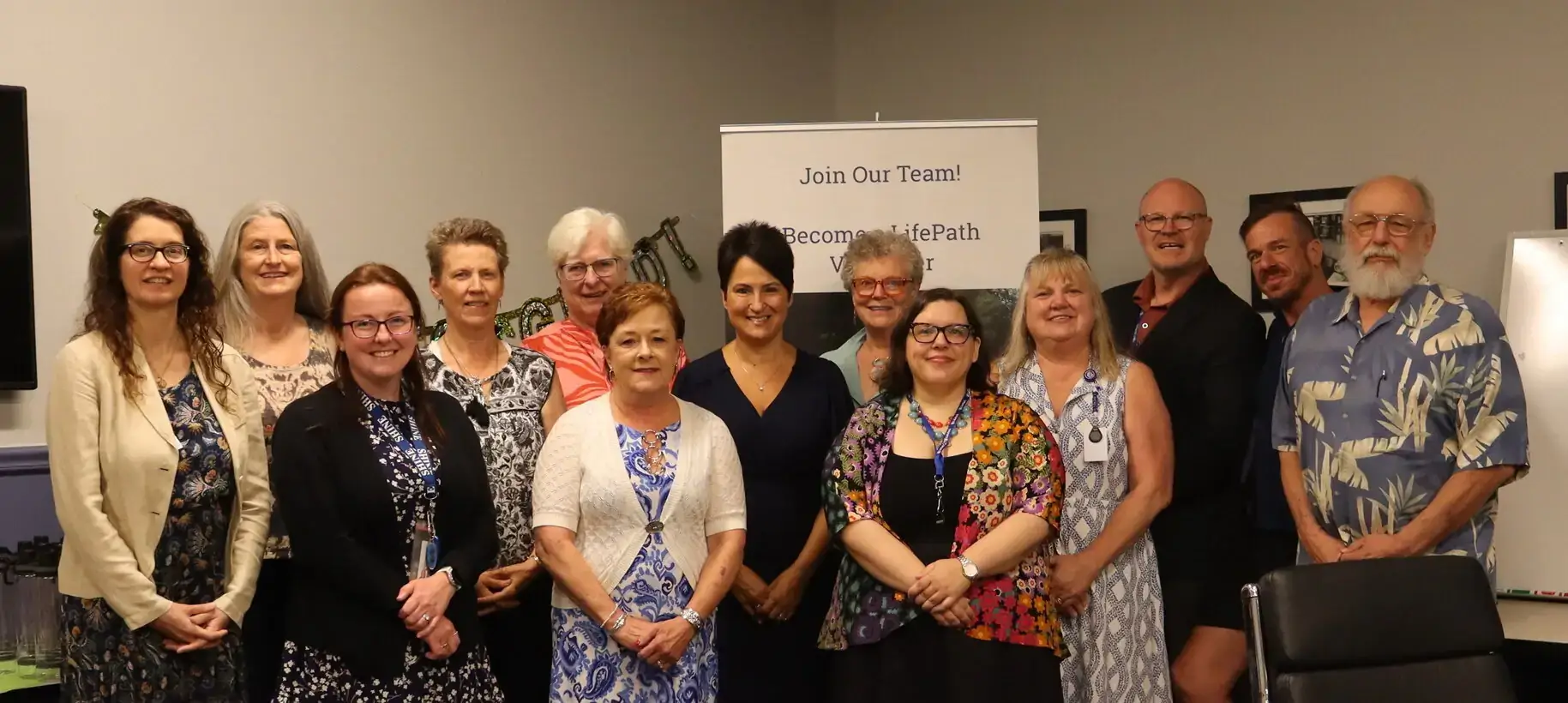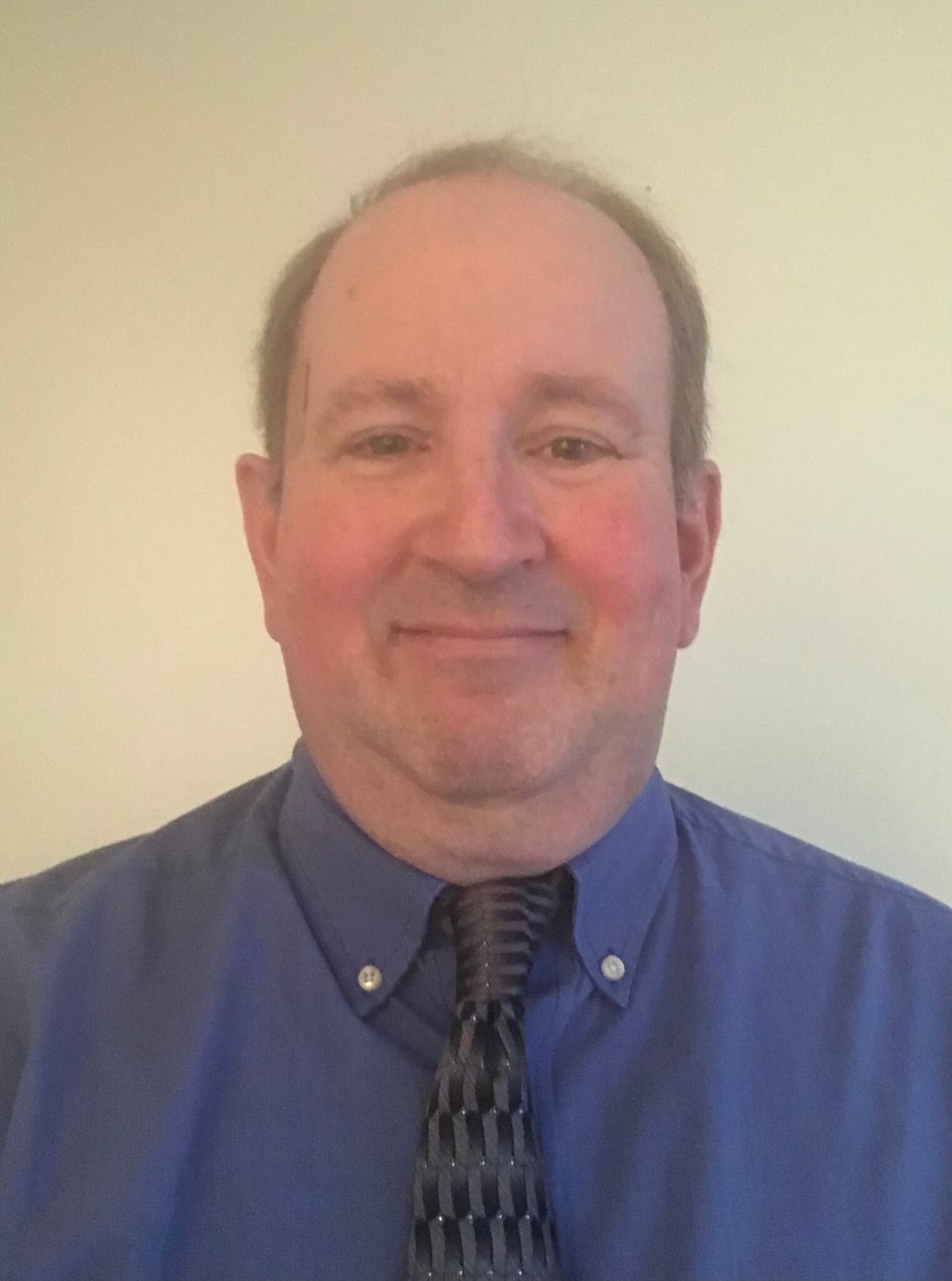The individuals reaching out to LifePath represent a wide cross-section of Franklin County and beyond. They come from diverse backgrounds, all corners of our geography, with different wants and needs, and while commonalities exist, everyone has their own unique story. I’m sharing a story now about an individual with whom LifePath recently connected.
We were first contacted by an individual’s daughter, who I will call Lola. Lola was reaching out about her father, who I will call Milo. People can reach LifePath via our website, phone, or by walking in during the business hours of 9:00 AM to 5:00 PM, Monday through Friday. Lola walked in and was in need of help quickly. Milo was recently hospitalized for a serious medical condition, had been discharged from the hospital, and had immediate needs. Lola was at a significant disadvantage, as she lives out of state, and she and her father had not been in contact for many years. Despite this knowledge gap, she was attentive to his needs and wanted to know what steps she could take. And she came to the right place!
These coordinated efforts resulted in Milo receiving meals the next day, along with a formal intake to hear his goals.
LifePath’s friendly reception team connected Lola with our Information and Caregiver Resource Center (ICRC) team to speak with a resource consultant. Resource consultants are trained to provide information about our services and other available resources, including services outside of LifePath. They provide information to older adults, individuals living with a disability, and caregivers and professionals, free of charge. Typically, the resource consultant will listen to an individual’s unique needs and situation, and then present potential options. They can arrange to meet individuals in their homes, and they are well-versed in the various eligibility requirements for different services. Navigating all of this information can be very complex, but the resource consultants are skilled at connecting with individuals and sharing information tailored to their specific needs and level of understanding. They can facilitate connections to needed services and provide information on how to enroll. They can move as slowly or quickly as needed. In Milo’s case, the severity of his situation prompted them to immediately mobilize a group of folks to begin assessing potential services. One of the first connections they made was with our Serving the Health Insurance Needs of Everyone (SHINE) team.
SHINE provides free, one-on-one health insurance counseling for medicare beneficiaries. SHINE learned that Milo had Medicare Part A, but not Part B, and no supplemental insurance. SHINE is familiar with this complex, interconnected scenario and they know how to navigate it. They gave Lola instructions on how to move forward with the Social Security Administration so that the right coverage could be put in place as soon as possible. They also discussed other programs that Milo may be eligible for, given his unique situation. They have deep knowledge, and provide individualized support.
Milo’s complex and urgent situation highlights the teamwork that is necessary to provide integrated care for those we serve. Getting folks services requires a coordinated approach, driven by knowledgeable, compassionate, and caring team members and volunteers, who know how to prioritize their work to best serve those who need us. While ICRC and SHINE were working in parallel, the Nutrition Department was also working on this new referral. These coordinated efforts resulted in Milo receiving meals the next day, along with a formal intake to hear his goals. There are many options available for his situation, and we needed to hear from him first-hand what goals he was trying to achieve and what support he wanted towards them. We learned that, like many people, he wants to stay in his own home. This is going to be difficult, but may be possible with the right supports in place, including help from a home health aide and help managing his medications. Milo’s sudden loss of independence, coupled with a debilitating new medical diagnosis, is going to be a profound transition for him. We will do our best to provide him essential services like we do for over 8,000 other people each year.
Milo’s situation is a reminder that we all get caught up in our own lives to some extent. LifePath’s work is person-centered, and we place a high priority on choice. This fosters an environment of listening, meeting people where they are, and respecting decisions. For many reasons, Milo had decided not to engage with any formal healthcare support for decades. And while that has certainly contributed to the severity and urgency of his situation, that is not our focus. We instead put our energy into what we can do moving forward, once someone has made the decision to engage.
We know that reaching out is not always an easy decision, and is one that everyone will approach differently. It takes courage to step into this unknown space, especially at a time of declining independence and heightened awareness and fear around future needs. It requires engaging in conversations that may be uncomfortable, and will inevitably put vulnerabilities on display. We appreciate and respect the courage people show in making this connection, and we honor the trust people place in us.
We can and do work under pressure. Situations like Milo’s arise, and the LifePath team jumps into action, like they did here. But, we also encourage folks to reach out as soon as possible when they foresee a transition in their future that we may be able to help with. That transition could be general aging, returning home from a facility, or a pending hospitalization creating uncertainty for the future. And, when you reach out, the LifePath team will be there to jump into action like they did for Milo.





